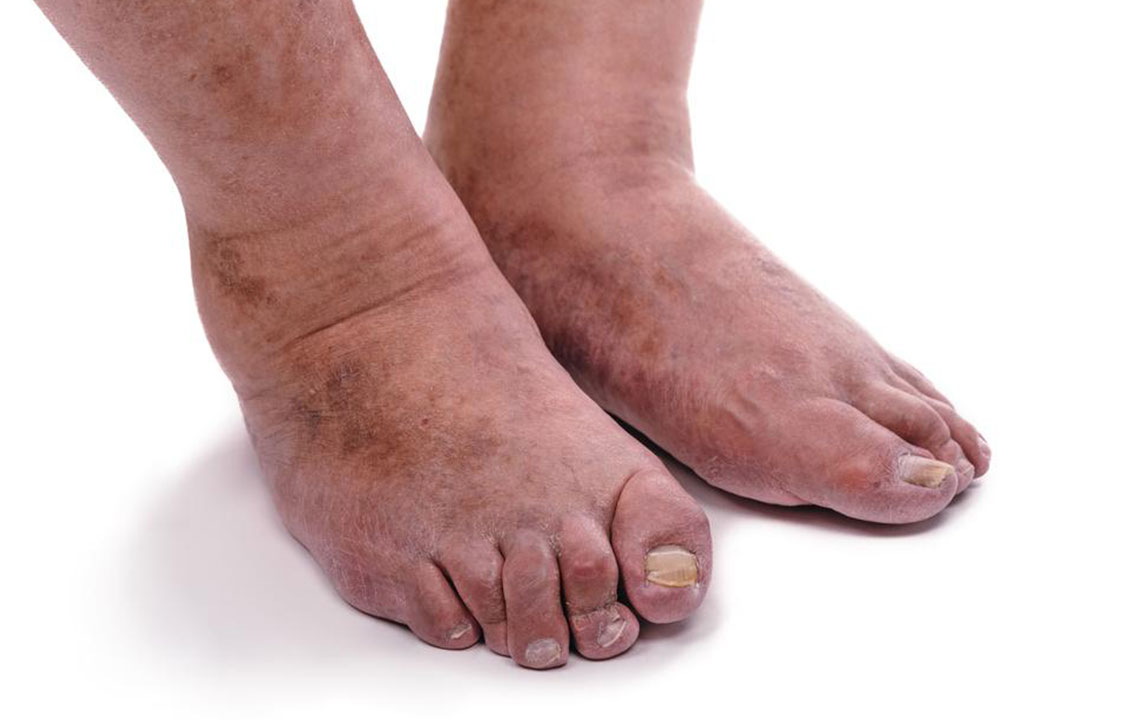4 important things you need to know about rheumatoid arthritis
Rheumatoid arthritis is an inflammatory condition that is chronic by nature and is characterized by intense pain in the joints. The loss of motion impacts the functionality of the affected joint or joints. This is an autoimmune condition that implies that the body itself causes the tissues to get affected.
If you have been diagnosed with rheumatoid arthritis and are seeking relief from the rheumatoid arthritis symptoms, you may want to look for the most convenient and effective treatment options. However, before you look out for that, you need to understand the condition thoroughly.
Some facts about rheumatoid arthritis:
- One of the first signs of rheumatoid arthritis is swollen, tender and stiff joints. While the human body is made up of several joints, the most common joints that do get affected by this type of arthritis are those that are in the hands, arms, legs, shoulders and the neck. If you experience pain and stiffness in these areas, you should definitely consider a doctor.
- Weakness and constant fatigue is also one of the most common rheumatoid arthritis symptoms. Even minimal physical exercise can make people suffering from this condition feel exhausted. Those who suffer from this medical condition find it increasingly challenging to perform regular tasks such as walking, running or swimming with ease.
- This type of arthritis is most commonly seen in people in the age group of 20 to 45 years, although it is possible that people of any age get affected with this condition.
- It is not an easily diagnosed condition as there are no specific tests to detect rheumatoid arthritis in its early stages. Also, the rheumatoid arthritis symptoms may differ from one person to another. In case there is a family history, it is advisable that a person should get x-rays and blood tests done if there is even the slightest sign of the condition.
It is important to understand that rheumatoid arthritis is a serious, lifelong condition that needs to be treated with the right medication and some permanent lifestyle changes. This will prevent further aggravation of the condition.



